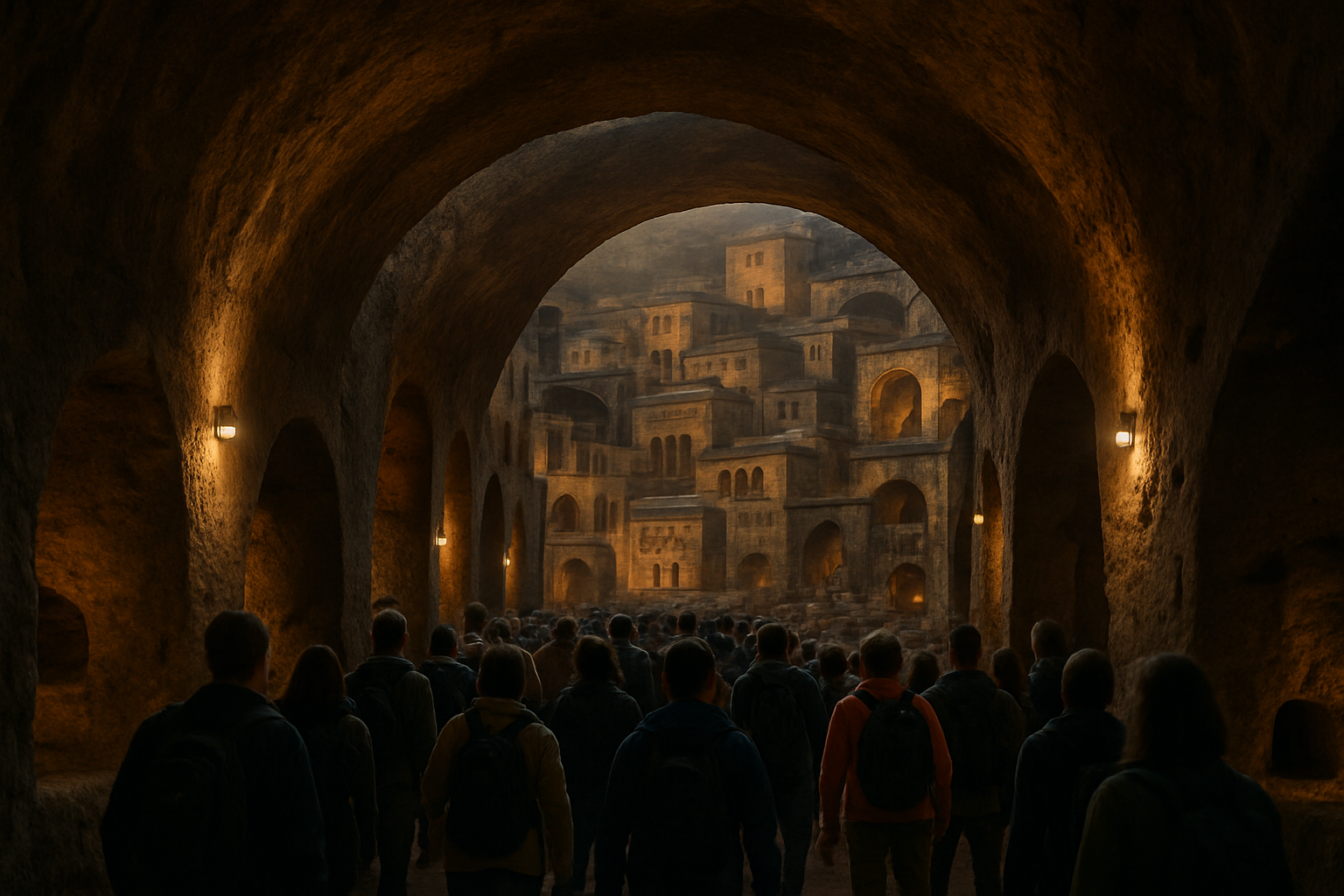Judicial Review in Emerging Democracies: A Comparative Study
Introduction: In the realm of constitutional law, judicial review stands as a cornerstone of democratic governance. This article delves into the evolving landscape of judicial review in emerging democracies, exploring its implementation, challenges, and impact on the balance of power. As nations transition towards more robust democratic systems, the role of courts in shaping constitutional interpretation becomes increasingly crucial.

Historical Context and Global Spread
The concept of judicial review has evolved significantly since its inception. While well-established in countries like the United States, its adoption in emerging democracies presents unique challenges and opportunities. Post-Soviet states, Latin American nations, and several African countries have incorporated judicial review into their legal systems as part of broader democratic reforms. This global spread reflects a growing recognition of the judiciary’s role in upholding constitutional values and mediating political disputes.
Models of Judicial Review in Emerging Democracies
Emerging democracies have adopted various models of judicial review, each reflecting their specific historical, cultural, and political contexts. Some countries have established dedicated constitutional courts, while others have empowered existing supreme courts with review powers. The centralized model, prevalent in many European countries, concentrates review powers in a single court. In contrast, the decentralized model, as seen in the United States, allows multiple courts to exercise review. Emerging democracies often blend these approaches, creating hybrid systems tailored to their unique needs.
Challenges in Implementation
Implementing effective judicial review in emerging democracies faces numerous obstacles. Political resistance from entrenched powers often hampers the establishment of truly independent courts. Resource constraints, including a lack of trained judges and inadequate funding, can limit the judiciary’s capacity to fulfill its role. Moreover, in societies transitioning from authoritarian rule, there may be a lack of public trust in judicial institutions, requiring time and consistent rulings to build credibility.
Impact on Democratic Consolidation
Despite challenges, judicial review has played a crucial role in consolidating democratic governance in many emerging democracies. By providing a forum for resolving constitutional disputes, courts have helped stabilize political systems and protect minority rights. Landmark decisions on issues such as electoral fairness, separation of powers, and fundamental rights have strengthened democratic institutions and norms. Additionally, the mere existence of judicial review can serve as a deterrent against unconstitutional actions by other branches of government.
Case Studies: Success Stories and Setbacks
Examining specific cases provides insight into the varied experiences of judicial review in emerging democracies. In South Africa, the Constitutional Court has been instrumental in interpreting and enforcing the post-apartheid constitution, addressing issues of social justice and equality. Hungary’s Constitutional Court initially played a strong role in the country’s democratic transition but has faced challenges to its independence in recent years. These contrasting examples highlight both the potential and vulnerabilities of judicial review in evolving democratic systems.
The Role of International Law and Transnational Judicial Dialogue
Emerging democracies often draw inspiration from international legal norms and practices when developing their systems of judicial review. Transnational judicial dialogue, where courts reference foreign decisions and engage in cross-border exchanges, has become increasingly common. This phenomenon has led to a certain degree of convergence in constitutional interpretation across different jurisdictions, while still allowing for local adaptations. International human rights treaties and regional courts also play a significant role in shaping domestic judicial review practices.
Future Prospects and Evolving Challenges
As emerging democracies continue to develop, their systems of judicial review will likely face new challenges and opportunities. The rise of populist movements in some countries poses a threat to judicial independence, necessitating robust institutional safeguards. Technological advancements and changing social norms will present novel constitutional questions for courts to address. Additionally, the increasing complexity of governance in a globalized world may require courts to expand their expertise beyond traditional legal domains.
Conclusion
Judicial review in emerging democracies represents a dynamic and crucial aspect of constitutional governance. While its implementation faces significant challenges, its potential to strengthen democratic institutions and protect individual rights is substantial. As these nations continue their democratic journeys, the evolution of judicial review will play a pivotal role in shaping their political and legal landscapes. The ongoing experiences of emerging democracies offer valuable lessons for established democracies and provide insight into the future of constitutional governance worldwide.






